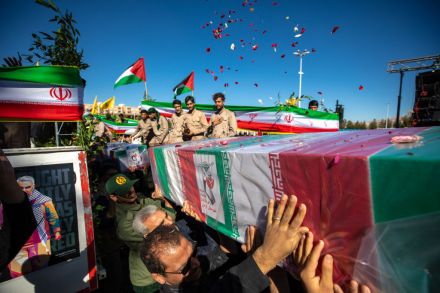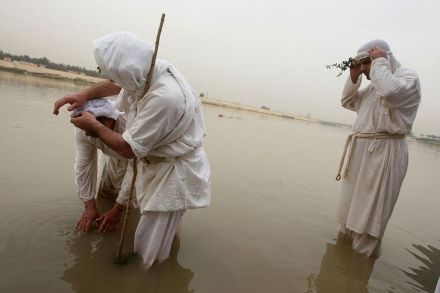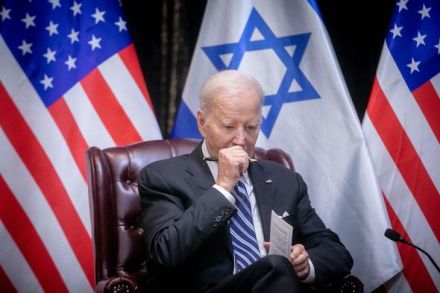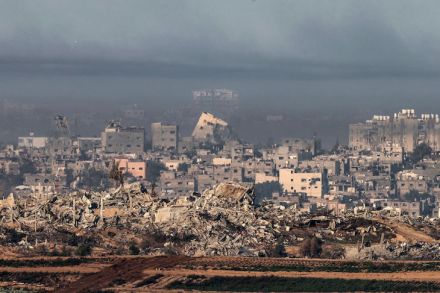Are the Tories cooling on their support for Israel?
The language in the government and parliament over Israel has changed a lot this week. Ministers are no longer mounting the full throttle defence of Israel or offering regular reminders to the Commons of what happened on 7 October. Lord Cameron’s evidence to the Foreign Affairs Committee on Tuesday was just one example of that: the Foreign Secretary said that ‘of course’ he was ‘worried that Israel has taken action that might be in breach of international law’. He also repeated the line that ‘too many civilians have died’, and reminded Israel that it needed to do more to avert a famine in Gaza. Similarly, when Rishi Sunak was asked about




















